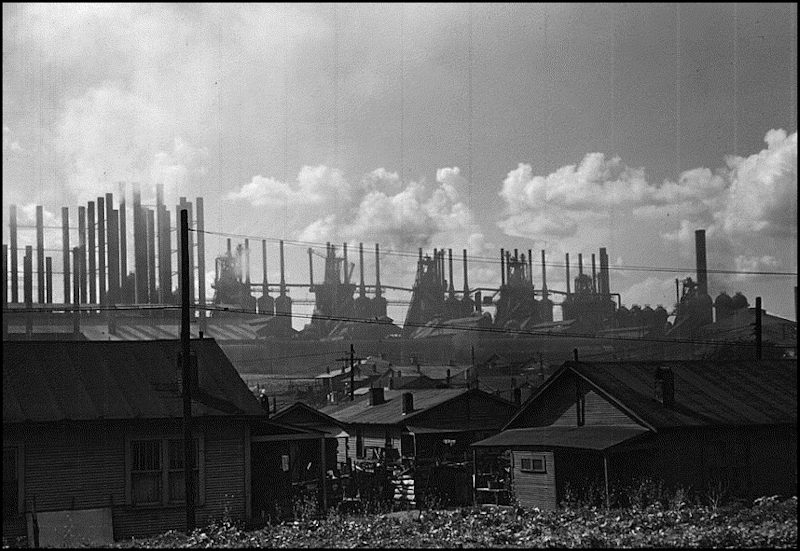Charles Dickens' Hard Times is a story about the necessity of wonder and imagination. Set in the bleak industrial town of Coketown, the fact-obsessed educator Mr. Gradgrind learns about the power of feeling and empathy from a circus girl, Sissy Jupe.
Chicago-based Lookingglass Theatre’s stage adaptation, which opened last week, uses the resources of theater to make the most of Dickens' celebration of fancy. The performance includes tumbling, hoop-jumping, and lots of swinging from ropes high above the stage. A cage-like set stands in for Coketown's stifling gray factories and schools, from which Sissy and later Louisa, Gradgrind's daughter, escape into joyful acrobatics. "Everybody needs to be entertained," the circus owner muses kindly. The theater itself is a rebuke to labor exploitation and the remorseless cruelty of capitalism. All we need for a better world is more feeling, imagination, and love.
This vision perhaps made some sense in Dickens' day, when an unfeeling social Darwinism provided the main philosophical underpinnings for crushing the lower class. Factory-owner Mr. Bounderby prides himself on his repudiation of frills, sneering that his workers will never get a golden spoon to eat their soup. When capitalists pride themselves on being men of gray unchanging iron, to declare "the circus is awesome!" can seem like an act of resistance.
These days, capitalists don't hate the circus. On the contrary, tech industry billionaires love to boast about taking LSD and hanging out at Burning Man. Capitalists are celebrated today not for their remorseless hold on facts, but for their imagination and creativity; Elon Musk is hailed for his dream of a Mars colony even as he demands his employees put in 80+ hour weeks. Businesses can pay circus employees to lead corporate team building exercises. If imagination was an antidote to the excesses of capitalism in Dickens' time, it isn't anymore.
There’s some indication in Hard Times that fancy wasn't really especially effective as an anti-capitalist weapon even in the 1800s. The workers of Coketown strike for higher wages and lower working hours, but Dickens doesn't exactly endorse the strike. Instead, he holds up as an ideal Stephen Blackpool, a saintly worker who sees working conditions as unfair, but refuses to join the strikers because he has vowed not to lift his hand in anger against anyone. Blackpool is meant to engage the reader's imaginative sympathies and empathy; his tragic Christ-like death will save the workers by unleashing the conscience of England.
That conscience, though, is engaged specifically for workers who are pure of heart, rather than those who are righteously angry, or demand their rights. If workers have to be perfectly subservient to receive decent treatment, they won't receive decent treatment, because no one is perfectly subservient in the face of injustice.
Hard Times touts the virtues of fancy and imagination. But imagination in itself isn't especially liberating. Mr. Bounderby has a very active imagination; he tells everyone he knows that his mother abandoned him as a child, and that he had to claw his way out of the gutter alone and without love. In truth, his mother doted on him. His fanciful lie doesn't make him a better person. Instead it allows him to justify his boorishness and cruelty, just as Silicon Valley plutocrats treat their employees like shit in the name of visionary creative destruction.
Creative people think that creativity and virtue go together. If you're an artist, you want to believe that the power of art and entertainment can move people to be better. But we've currently got a fabulist and an entertainer in the White House, and it hasn't necessarily ushered in a new era of American happiness and kindness. Modern day Mr. Bounderbys know that you can enjoy the circus and exploit the workers both, if you just have a little imagination.

